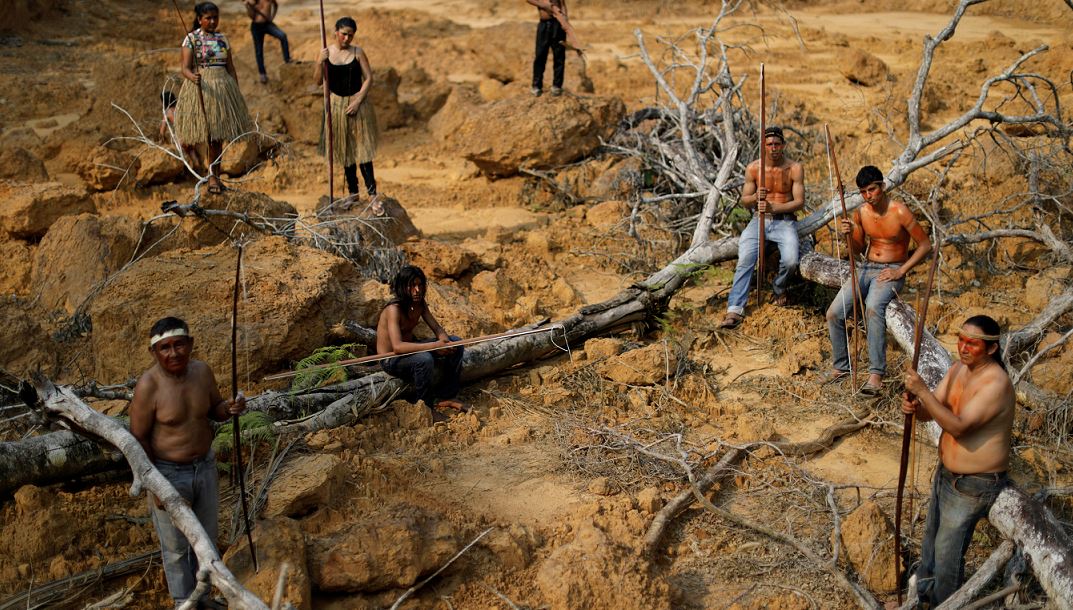
Indigenous people among most vulnerable from COVID-19: WHO warns

The World Health Organization has sounded the alarm over the vulnerability of indigenous people amid the COVID-19 pandemic.
In a media briefing on Monday, WHO Director-General Tedros Adhanom said the world’s indigenous people were at high risk from the disease due to the challenges they face in their lives.
“This includes a lack of political representation, economic marginalization and lack of access to health, education and social services,” said Tedros.
“Indigenous peoples often have a high burden of poverty, unemployment, malnutrition and both communicable and non-communicable diseases, making them more vulnerable to COVID-19 and its severe outcomes.”
The call comes as the world’s COVID-19 infections exceeded 14.5 million, with a death toll beyond 606,000, according to data from the U.S.-based Johns Hopkins University.
Tedros noted that by 6 July, more than 70,000 cases had been reported among indigenous peoples in the Americas, and more than 2000 deaths.
The Americas remains the current epicenter of the outbreak, having registered more than 7.8 million infections and over 314,000 deaths.
Tedros in his briefing also urged countries not to wait for a vaccine but fight the disease with the means currently at their disposal.
“With strong leadership, community engagement, and a comprehensive strategy to suppress transmission and save lives, COVID-19 can be stopped,” he said.






